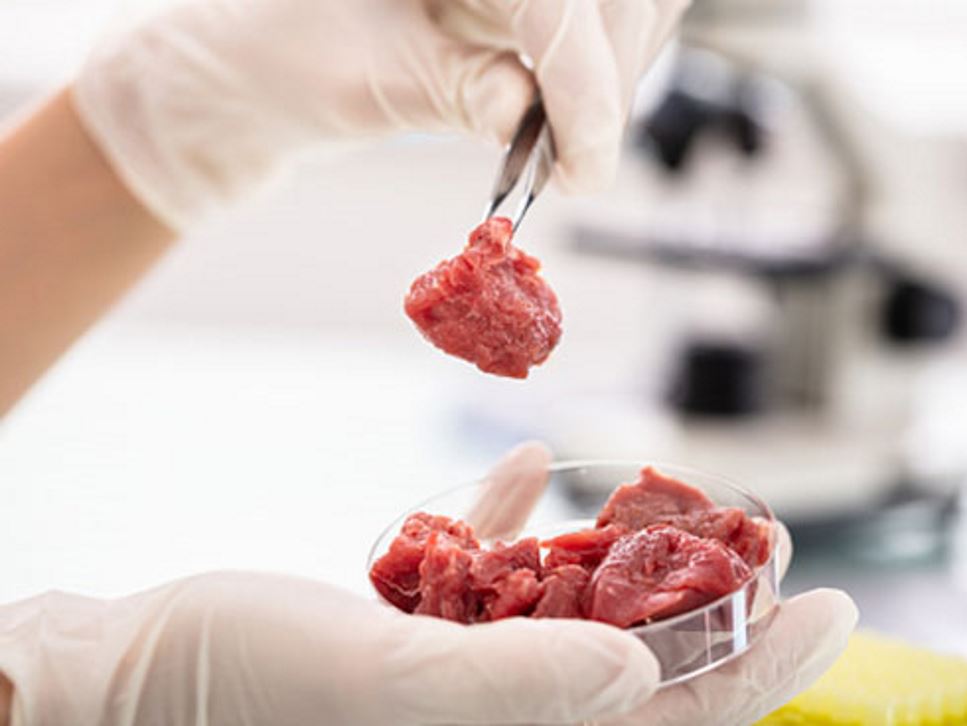Student Member Price: $10.00
Lab-grown meat, once considered a bizarre curiosity, has emerged in recent years as a legitimate food source. This session analyzes the evolution of lab-grown animal proteins and their potential for contributing to sustainability, reduced carbon footprint, animal welfare, reduced food waste, alleviation of hunger, and other proposed benefits. A food futurist and a meat scientist will present brief overviews of cell-cultured and fermented proteins from their individual perspectives and then discuss what dietetics professionals need to know as animal-free animal proteins move from the lab to the marketplace.
Planned with the Committee for Lifelong Learning
CPE Level: Level 2 (intermediate knowledge/expertise)
CPEU: 1.0
Performance Indicators
- 4.1.2 Interprets and integrates evidence-based research and literature in decision making.
- 7.2.3 Communicates the role of sustainable food practices and food insecurities for populations.
- 6.2.3 Analyzes and interprets data to form valid conclusions and to make recommendations.
Learning Objectives
- Describe the current environment around animal protein produced from cultured animal cells and tissues or from fermentation
- Explain the challenges and uncertainties about the production, regulation, safety, distribution/availability and nutrition of these next-generation proteins
- Appraise this evolving protein category in order to anticipate its potential fit in the diet and be able to respond to client and patient questions
Speakers

